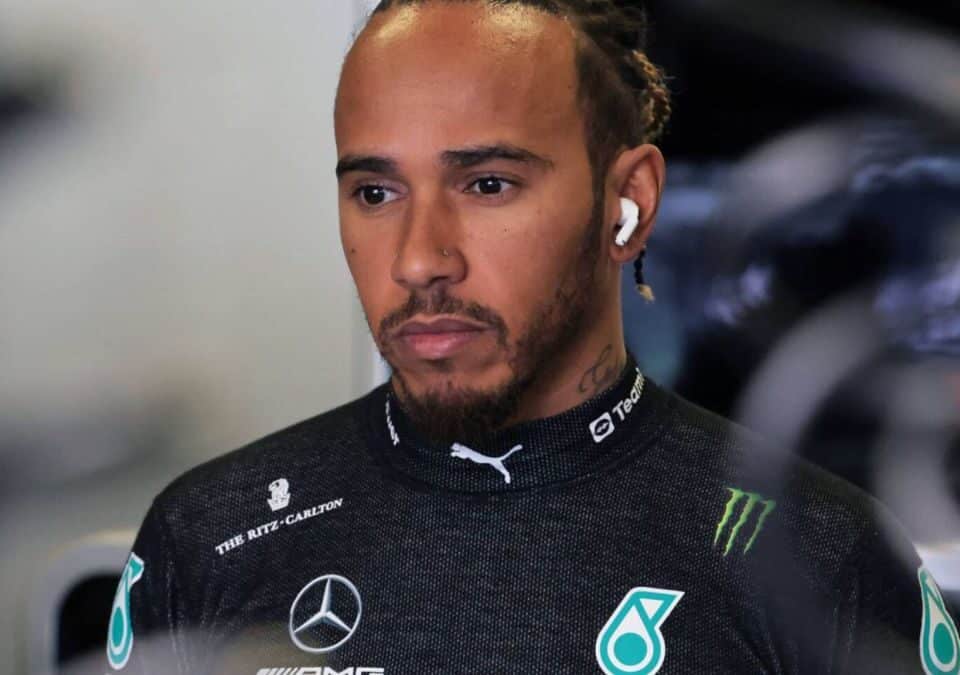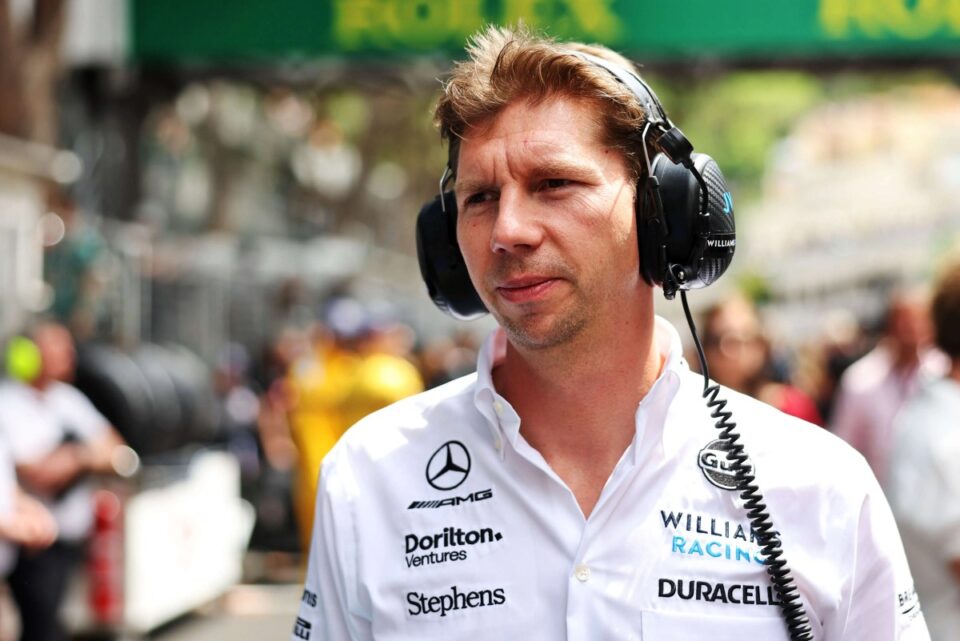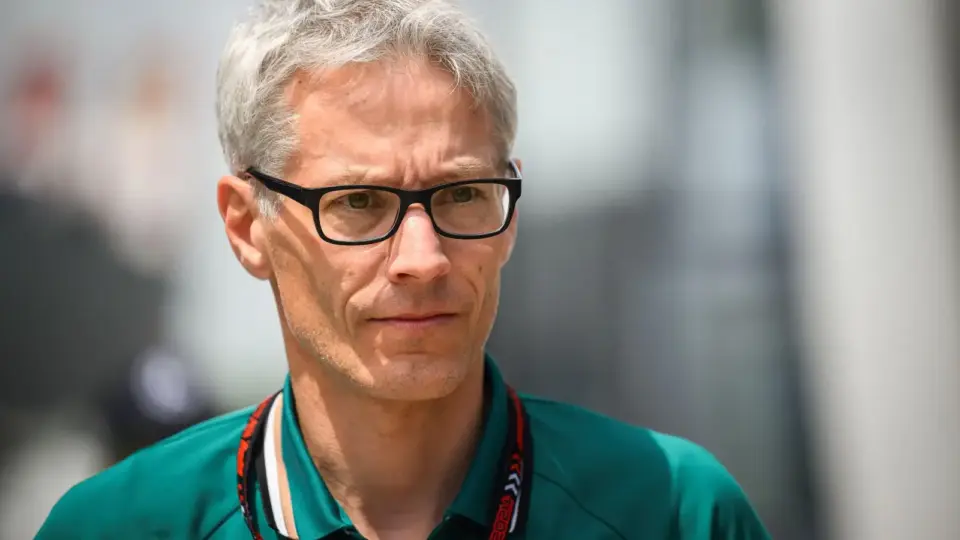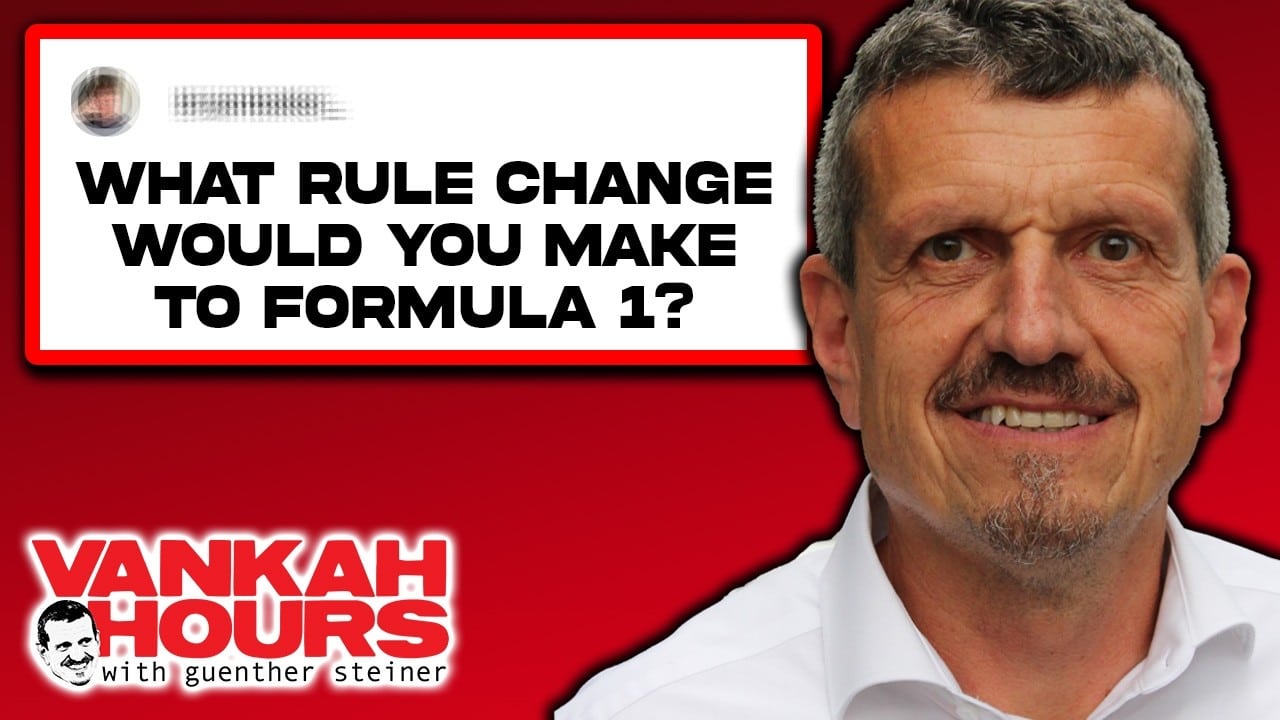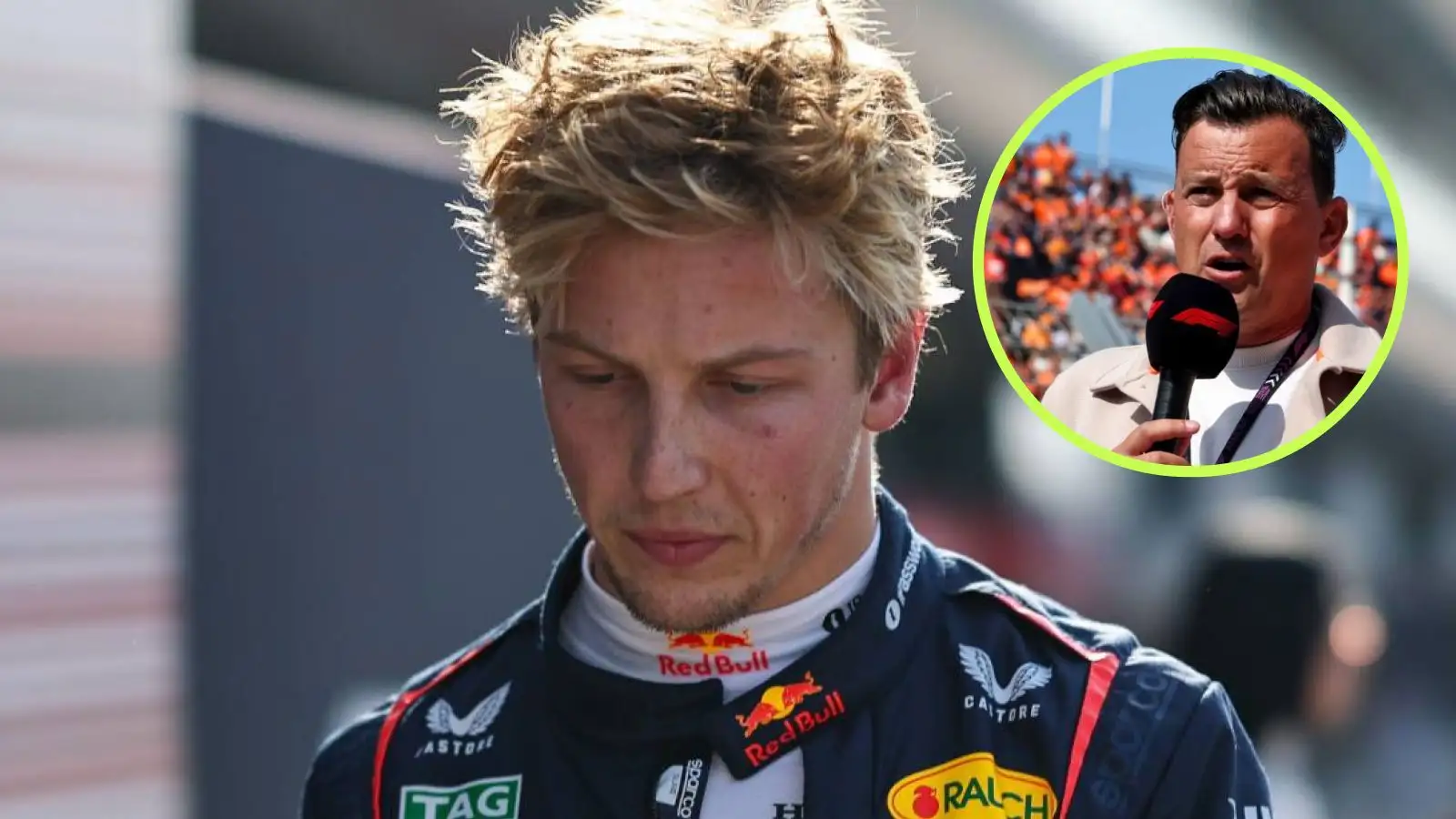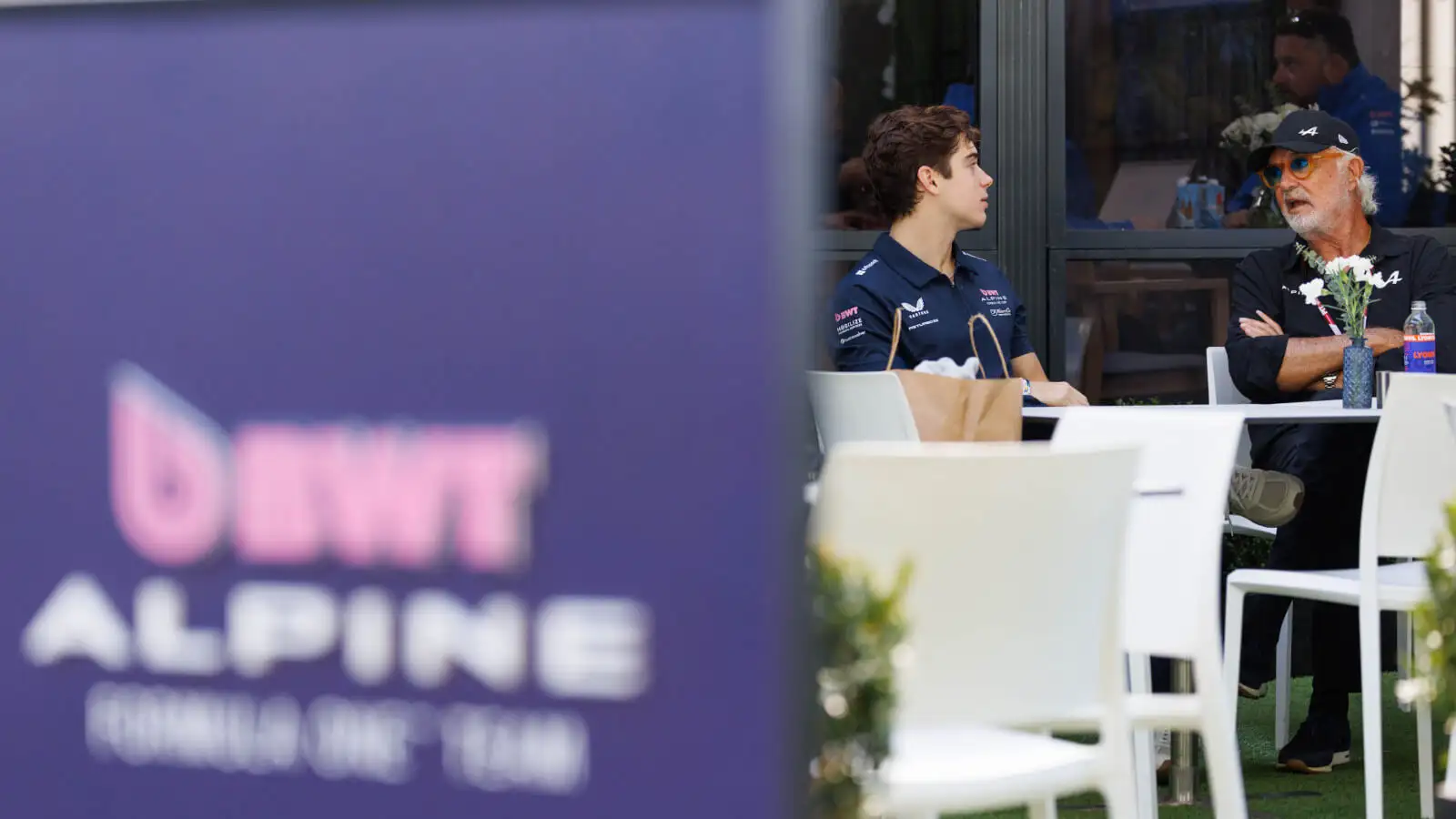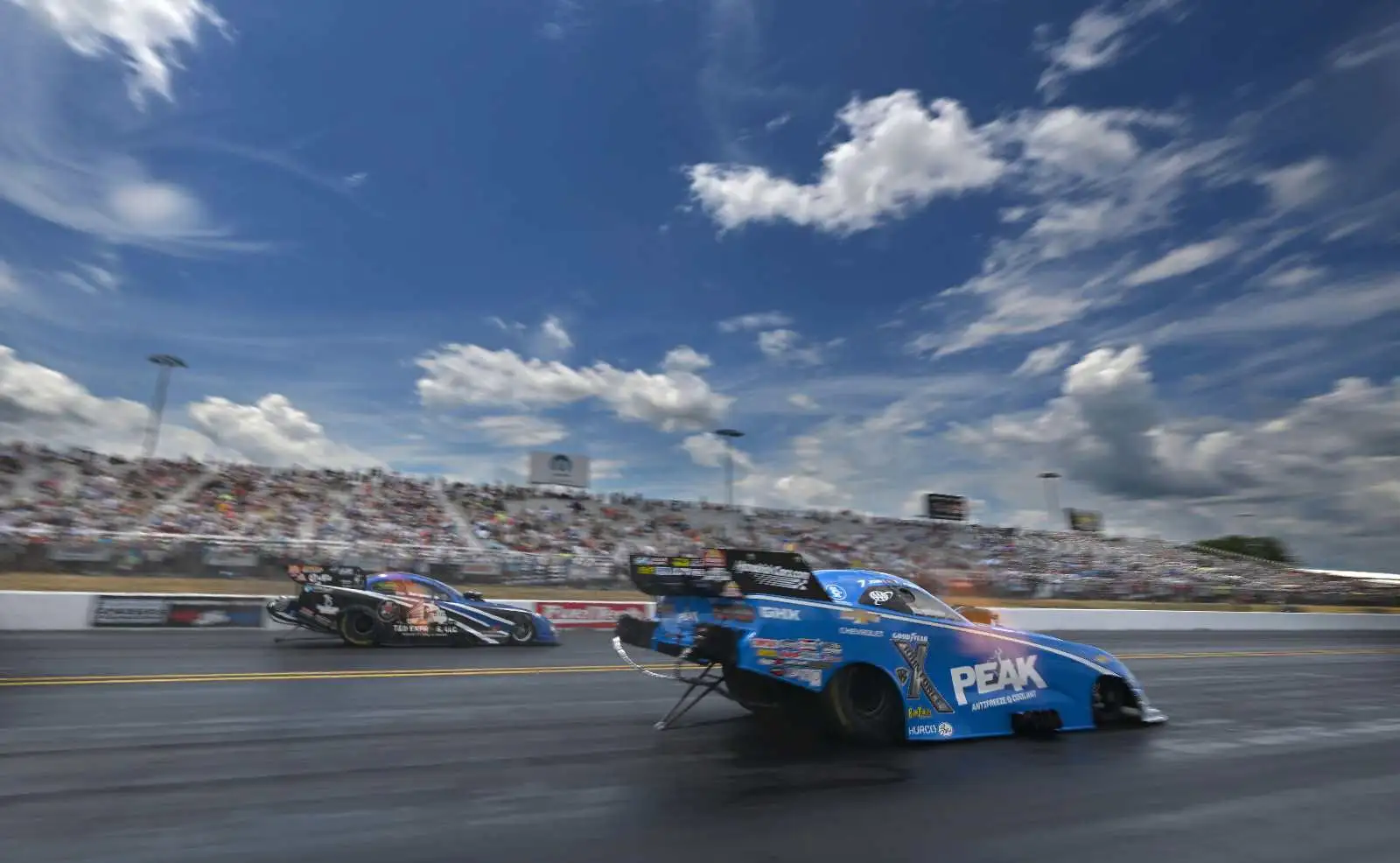- Lewis Hamilton criticizes himself after a tough Canadian Grand Prix, finishing fourth.
- Speculation arises around Hamilton’s comments as a strategic message to teammate George Russell.
- Different perspectives emerge on whether Hamilton’s self-critique was genuine or a psychological tactic.
- Car performance issues continue to plague Hamilton this season, affecting his confidence.
Lewis Hamilton, a seven-time Formula One World Champion, has recently been engaged in a subtle psychological battle with his teammate George Russell. This theory sprouted after Hamilton’s self-criticism following the Canadian Grand Prix, where he came in fourth, trailing behind Russell who clinched pole position. Hamilton’s candid remarks about the race being ‘one of the worst’ he had ever driven led many to believe it was more than just a dissatisfaction with his own performance.
Tom Clarkson, host of the F1 Nation podcast, suggested that Hamilton’s harsh self-assessment might be a calculated message to Russell. Clarkson interpreted Hamilton’s words as a way of saying, ‘George, you only pass me when I’m having a really bad race.’ By calling the race one of his worst, Hamilton subtly implied that Russell’s success was due to his subpar performance, not Russell’s superior skill.
On the other hand, Natalie Pinkham, co-host of the F1 Nation podcast, saw Hamilton’s comments differently. She commended Hamilton for owning up to his performance, viewing it as a mark of humility and sportsmanship. Pinkham argued that Hamilton’s self-criticism was genuine, stating, ‘Here’s a good guy blaming himself, saying
I wasn’t good enough today.
Hamilton’s battle with car performance has been a recurring issue this season. After qualifying in Canada, he seemed puzzled by why his car’s performance dropped off. This echoed his earlier comments from Monaco, where he said, ‘I don’t think I’m going to out-qualify Russell this year.’ This struggle has raised questions about whether the team might now be favoring Russell.
The dynamics between Hamilton and Russell have been a central narrative this season. As a younger driver, Russell is eager to make his mark against one of the sport’s greats. Meanwhile, Hamilton is balancing the challenge of maintaining his legacy in the face of internal competition.
Toto Wolff, Mercedes’ team principal, appears exasperated with Hamilton’s performance setup choices. Wolff mentioned there were too many extreme changes made after the Sprint, which made the race more challenging. The team’s technical director, James Allison, pointed out that these setup decisions were Hamilton’s alone but noted that going forward, the team will take more control over such choices.
Hamilton even hinted at theories that the team might be favoring Russell, something he suggested after a less-than-stellar qualifying performance in Montreal. He blamed poorly prepared tires for his struggles, noting his tire warming blankets weren’t bringing the tires to the right temperature.
For Mercedes, the performances of both Hamilton and Russell are key as they strive to reclaim their dominance. Despite Hamilton’s challenges, the team as a whole showed promise with both drivers performing well. Pinkham highlighted this by stating, ‘If your worst race is fourth? Then things are improving at Mercedes.’
The Canadian Grand Prix has shed light on the complex psychological games and intense competition within the Mercedes team, especially between Hamilton and Russell.
